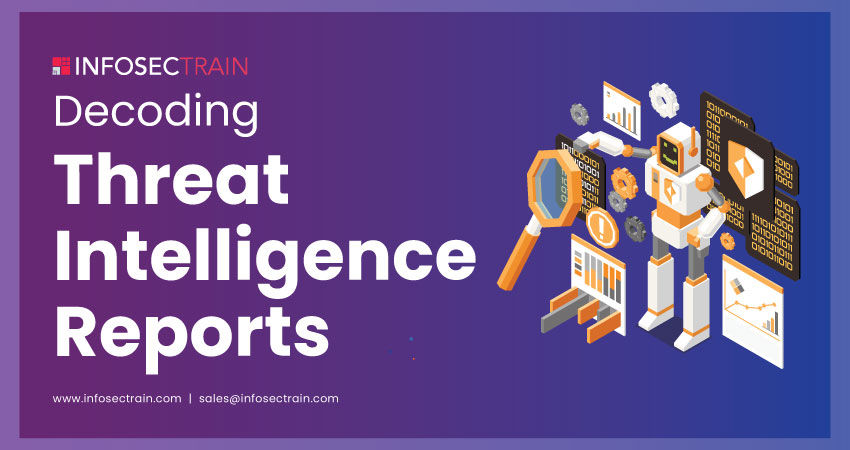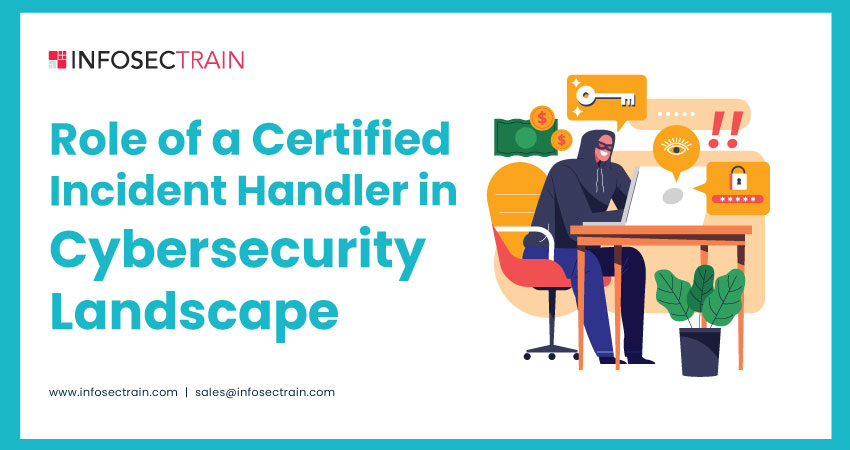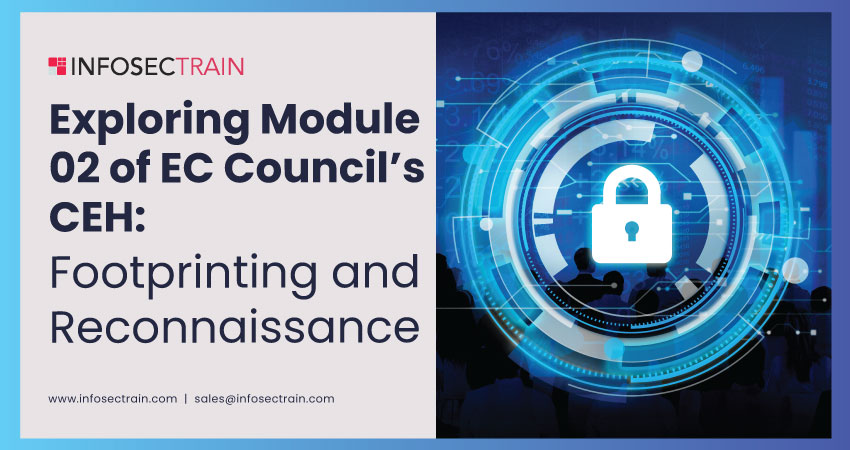The courseware of CNDv2 is designed to develop a strong and deep understanding of various networking verticals, talking first about various network and defense strategies proceeding to incident detection and response and advancing to threat assessments and intelligence. Below is the list of modules with a brief description of what they talk about.
Module 01: Network Attacks and Defense Strategies: This module introduces you to different network-based attacks faced by the organization to understand their working and develop defense strategies.
Module 02: Administrative Network Security: It involves developing or updating security infrastructure and continuously monitoring networks for any suspicious actions or unauthorized access
Module 03: Technical Network Security: Implementing authentication and protection controls for user verification to avoid theft of sensitive information or data. Introducing the concept of zero trust and its effectiveness in maintaining a better security posture
Module 04: Network Perimeter Security: Implementation and management of perimeter devices like firewalls, Intrusion Detection Systems, Intrusion Prevention Systems
Module 05: Endpoint Security-Windows Systems: Security of end-user devices and entry points by implying endpoint security on Windows devices.
Module 06: Endpoint Security-Linux Systems: Securing entry points or end-user devices by ensuring endpoint security on Linux devices
Module 07: Endpoint Security- Mobile Devices: Securing entry points or end-user devices by ensuring endpoint security on mobile devices
Module 08: Endpoint Security-IoT Devices: Fundamentals of IoT, IoT threats and security using endpoint security implementation
Module 09: Administrative Application Security: Understanding the methodologies of administrative application security and its importance to minimize the security-related vulnerabilities in the application
Module 10: Data Security: Implementing policies to safeguard data from unauthorized access using various techniques like encryption, hashing, tokenization, and other key management practices. Concept of data storage, data classification, data masking, retention and destruction
Module 11: Enterprise Virtual Network Security: In-depth understanding of virtualization, related threats, and security. Essentials of software-defined network (SDN) security, network function virtualization (NFV) security
Module 12: Enterprise Cloud Network Security: Introduction to cloud computing, threats, challenges and security across cloud platforms, concepts of container security, docker security, and Kubernetes security
Module 13: Enterprise Wireless Network Security: Understanding of wireless network security essentials, threats, attacks, and countermeasures.
Module 14: Network Traffic Monitoring and Analysis: Analysis and monitoring of logs from various perimeter network devices to identify any anomalies in the traffic.
Module 15: Network Logs Monitoring and Analysis: Analyzing the events generated by various devices in the network to identify signs of any suspicious activity or a potential incident
Module 16: Incident Response and Forensic Investigations: Understanding of incident management response process and methodologies to be followed in case of security incidents. Understanding of forensics investigation techniques and tools used for analysis.
Module 17: Business Continuity and Disaster Recovery: Understanding the importance of BCP and DR, related concepts and procedures required to allow smooth functioning of operations in case of a disaster
Module 18: Risk Anticipation with Risk Management: Risk management process, analyzing various risks that the organization is susceptible to and developing policies to manage them.
Module 19: Threat Assessment with Attack Surface Analysis: Analyzing the threats and attack vectors to develop solutions for their countermeasures
Module 20: Threat Prediction with Cyber Threat Intelligence: Developing a proactive approach by understanding various frameworks aiding in threat intelligence to anticipate the kinds of attacks hackers could use to gain access to the network.
 Read Reviews
Read Reviews





 5th Sep: Weekend
5th Sep: Weekend 




 The training was awesome. Helped me clear my concepts and also reduced my preparation time to 1/3rd. Thank you, trainer, for all your dedication to bring your gladiators to pace.
The training was awesome. Helped me clear my concepts and also reduced my preparation time to 1/3rd. Thank you, trainer, for all your dedication to bring your gladiators to pace.






 Certified & Experienced Instructors
Certified & Experienced Instructors Post Training Support
Post Training Support Customized Training
Customized Training Flexible Schedule
Flexible Schedule Access to Recorded Sessions
Access to Recorded Sessions 



 1800-843-7890 (India)
1800-843-7890 (India) 
